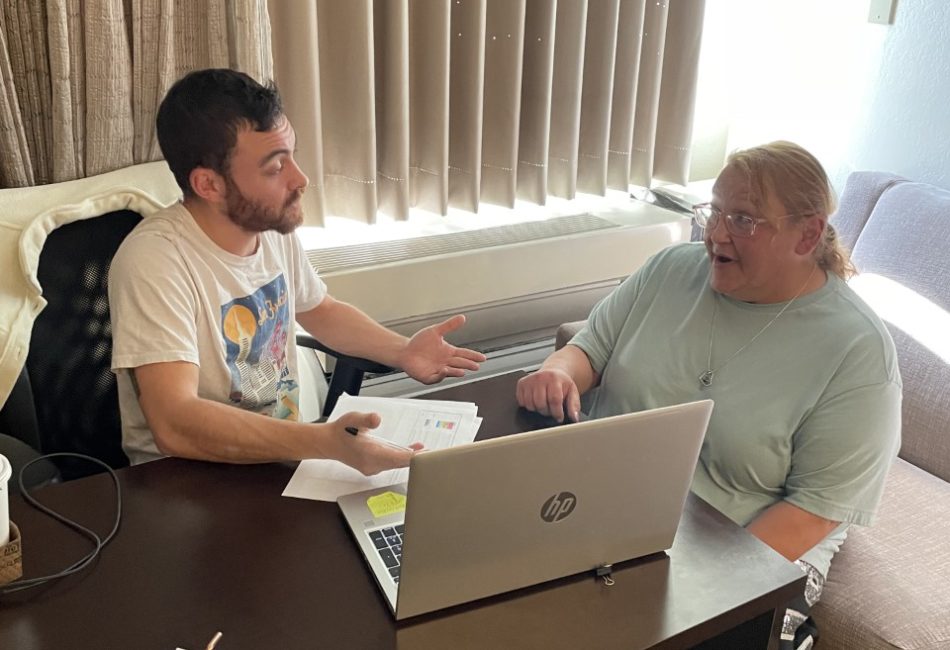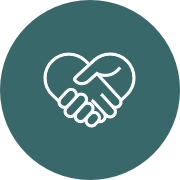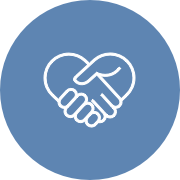RHD’s Homeless Health Initiative: Working to Connect Shelters with Healthcare

November 3, 2022
“We have worked in homelessness for a while and see firsthand just how difficult homelessness is on your health.”
Christina Jordan, Program Director of RHD’s Coordinated Homeless Outreach Center (CHOC) in Montgomery County, PA, is eager to spread the word about a new program uniting three of RHD’s homeless shelters in PA.
People experiencing homelessness and residing in emergency shelters are often unable to visit primary care providers consistently. They rely on emergency room visits for routine health issues. Or they are unaware of their health insurance status and benefits available to them. Additionally, Medicaid managed care organizations (MCOs) often struggle to find and connect with these individuals to provide them with the services they need.
RHD is working to address these issues.
The Homeless Health Initiative is a collaboration between RHD CHOC, Woodstock Family Center, and Fernwood. The goal is to help participants at these shelters establish relationships with community-based healthcare services and guide access to the benefits of their health plans, such as vision and dental care. Through this Initiative, they aim to addresses the social, physical, and behavioral health issues that can typically lead to poor health outcomes for this vulnerable population.
The Homeless Health Initiative is funded by Keystone First, a Philadelphia-based MCO that also collaborates on Housing Smart, RHD’s program providing stable housing and better health care to Philadelphia’s homeless community. Owen Camuso, Regional Director for the PA Behavioral Health and Housing Division says, “Keystone is one of the larger MCOs tasked with partnering with provider agents. We realized we could leverage that relationship to address offering better care for individuals in the shelter system. We approached them with this idea, and they were very interested.”
“Historically, there has been a strong connection between behavioral health supports and the homelessness system,” says Jordan. “We’re really trying to focus on bringing physical health support into the system.” A 2019 study from the National Health Care for the Homeless Council found that people who are homeless have higher rates of illness and die on average 12 years sooner than the general U.S. population. They are more likely to be diagnosed with diabetes, hypertension, and hepatitis C, among other diseases.
One of the many challenges of homelessness is maintaining connections to health care, including, but not limited to, primary care. By working closely with Keystone First, the Initiative receives accurate information regarding a participant’s medical needs. “We’re able to find out what’s going on with their health, whether they are overdue for an appointment, or if they need a mammogram or colonoscopy – wherever their gaps in care exist,” Jordan explains. “We then can work one-on-one with the participant on getting those necessary appointments scheduled.”
Former Housing Smart team lead Nick Hutchinson serves as the Clinical Coordinator for the Initiative. In this role, he will work closely with shelter staff to assist participants in navigating healthcare issues and linking them to appropriate care. Residents who need outside care and/or referrals will be connected to appropriate primary care, and other healthcare providers, within the Keystone First network. Hutchinson also will ensure residents follow up with their care, which will prevent unnecessary visits to the ER. While the Initiative has only been active since late September, Hutchinson explains “I’ve already been able to sit down with people to start making the appointments they need.”
Jordan points out that the Homeless Health Initiative is a unique combined effort from three RHD programs. “There is a need to address physical health across our shelter programs. So how can those programs do something together to fill that need? The Homeless Health Initiative is an opportunity for these programs to work together more collaboratively and support each other. It’s a really interesting direction that RHD is going in.”
For more information about RHD’s homelessness programs, visit www.rhd.org/program_area/homelessness/


